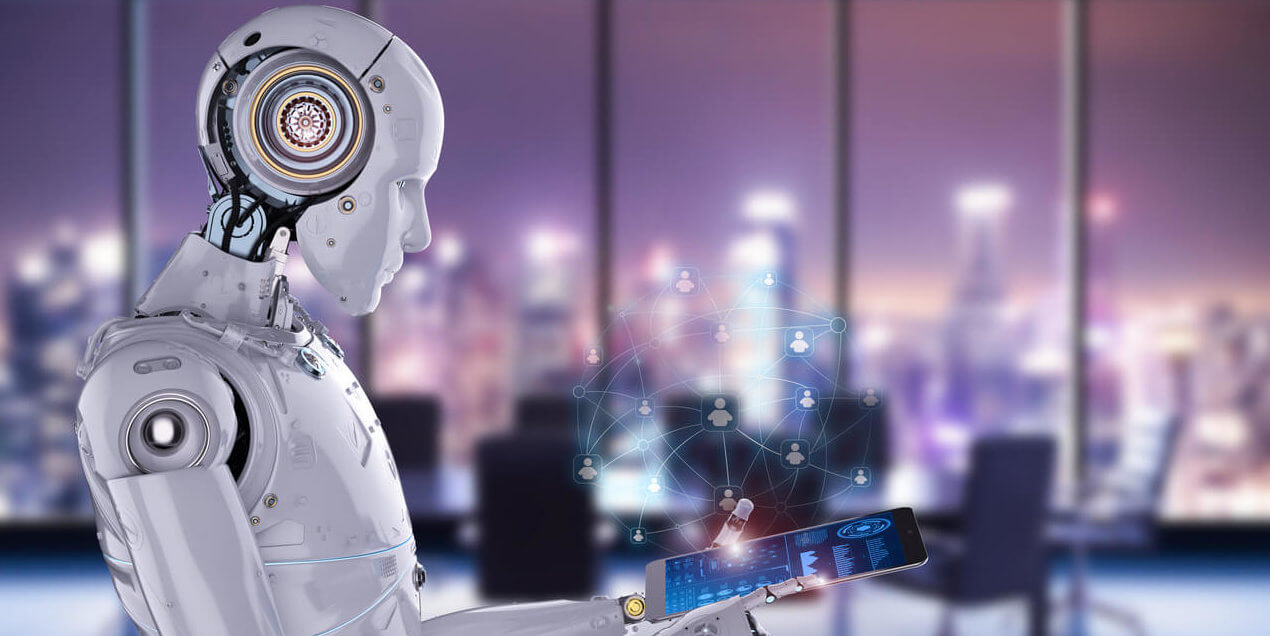Over the past few years, I have been really interested in understanding just how technology will disrupt education. I entered the profession in the early 1990s. I taught in Austin, Texas at a time when technology and start-ups were ascendant. I worked at a school that was not particularly focused on technology, but a handful of teachers and school leaders worked hard to try to develop a web presence and think about how we could use technology to improve teaching and learning.
In 1997, I remember a technology futurist coming to our school who predicted things like cloud-based computing and other developments that just seemed too far out there. As his predictions came true, I have always been attuned to new ideas and developments that could impact teaching and learning.
Technology and computers have improved workflow and efficiencies in education. Young people know how to leverage technology to improve productivity, manage time, and reach new resources. But, despite the billions of dollars spent collectively in primary, middle, secondary, and higher education, it is hard to argue that technology has fundamentally changed the outcomes of learning. To be sure, there are projects and learning activities that we can easily do now that we couldn’t have dreamed of doing ten years ago. But, have they really made young people better thinkers and learners?
On the horizon is Artificial Intelligence (AI). While I firmly believe parents do not want to turn over their children’s learning to a robot instead of a human, there will still be some future use of technology that utilizes a hybrid of teaching that will dramatically influence what schools look and feel like. (Note: all of this is a long way off.)
I think parents are more attuned than ever to the dangers of “overdoing” technology. Whenever I come across young people sitting around, all holding cell phones and ignoring the people in their presence, I worry about the future of humanity. Human contact and interaction is fundamentally important to building a healthy society. I firmly believe that the ability to engage with others, to be empathetic, and to be able to have a one-on-one conversation, with eye contact and a handshake will actually be a competitive advantage in the future. Still, AI presents opportunities to make learning engaging in a way that it hasn’t been before. In the class that I teach on the Vietnam War, the idea of having a Richard Nixon avatar able to speak and explain his positions to students would be really engaging. Imagine a computer program loaded with every bit of Nixon’s personal writings, outside scholarship, and all of his tape-recorded conversations that could answer student questions about his motivation to invade Cambodia or to justify his actions in the Watergate scandal.
Conversely, I also fear how AI might be used. I could foresee its use in college admissions, as it could more effectively screen out candidates based on selective data. While it might be more efficient, I think it would not serve students or institutions to take out the human component of taking chances and trusting gut instincts (that can often be accurate if you read Malcolm Gladwell).
The possibilities and pitfalls are endless. I encourage you to check out this recent 60 Minutes report by Scott Pelley on one of the world’s leading experts on AI. The focus of this Chinese tech leader, Kai-Fu Lee, is partly in education. In the segment, you’ll see how a teacher from Beijing is being broadcast into a rural school. This is already happening through distance learning. But, what makes this approach different is that there are cameras on the students’ faces. Underlying this effort is a facial recognition system that gauges whether the students are paying attention, whether they are excited, whether they are bored, or whether they are struggling.
In a school like CA, all I need to do when I teach is to look at students’ faces and figure out how they are feeling. So, this technological tool isn’t too transformative. But, AI is at such an early stage. Think about its growth in another decade. Will there be programs that help better edit student writing, or help students do more complicated research?
We don’t know what the future holds, but stories like this are why educators and parents should be scanning the horizon for what may be coming next. As social media has revolutionized how we think, engage with others, and affect our society, I hope that we all carefully consider the implications and consequences of any new technology.
